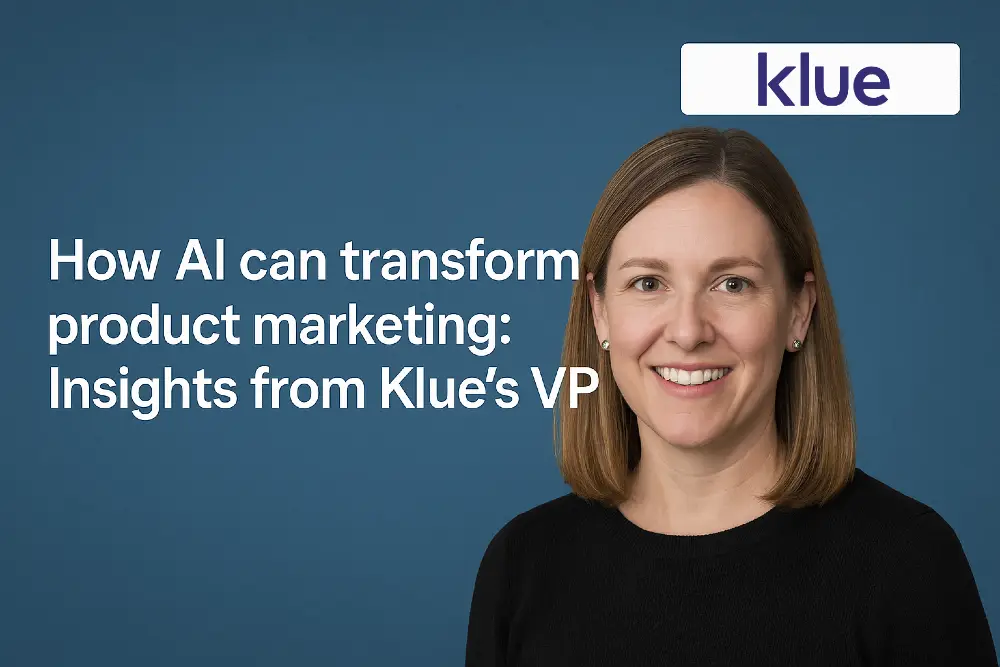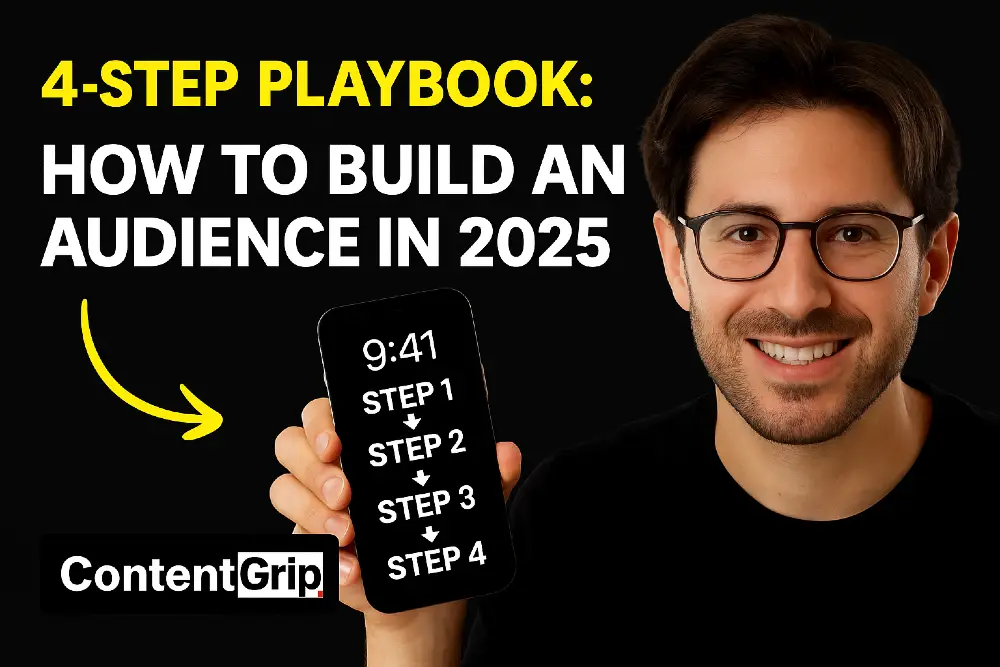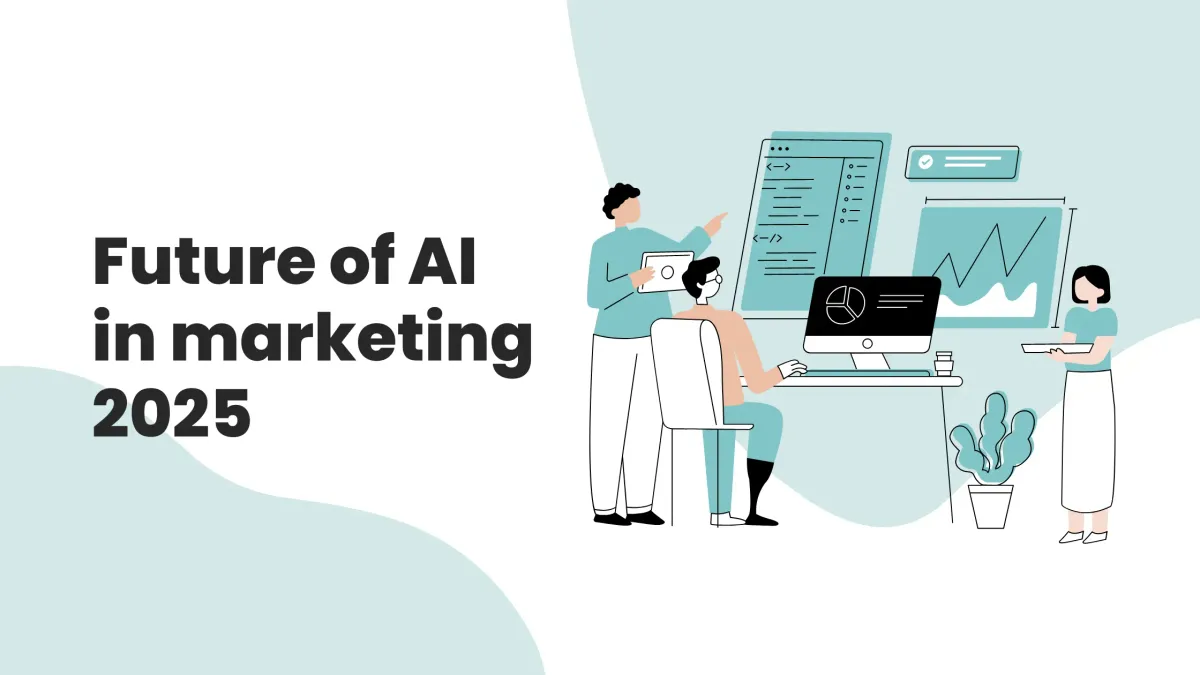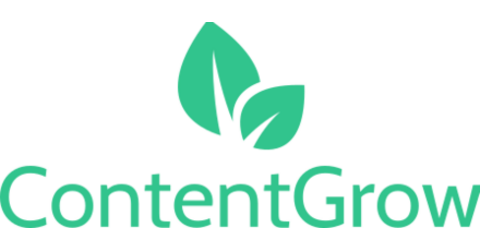Klue: AI's biggest opportunity in marketing is with product marketing, not content
Product marketing teams can leverage AI to drive more strategic work while automating repetitive tasks, according to Klue's VP of Marketing.

While generative AI has dominated marketing headlines with its ability to produce content at scale, Katie Berg, VP of Marketing at Klue, argues that we're missing AI's most transformative marketing opportunity. In a detailed LinkedIn post that has garnered significant engagement from product marketing leaders, Berg makes a compelling case that the product marketing function—not content creation—stands to benefit most from artificial intelligence integration.
Berg's perspective comes at a critical time when marketing teams are struggling to prioritize their AI investments. As product marketing teams (commonly referred to as PMMs, short for Product Marketing Managers) face mounting pressure to support multiple products with limited resources, AI presents an opportunity to fundamentally reimagine how PMMs work.
Berg details how AI can transform the analysis, synthesis, and enablement aspects of product marketing, allowing these strategic professionals to focus on high-impact work while automation handles the repetitive tasks that frequently consume their limited bandwidth.
Under-resourced PMM teams face significant challenges
Klue is an AI-powered competitive enablement platform that helps product marketers collect, curate, and deliver actionable competitor insights to empower revenue teams to win more business. The company's platform combines market, competitor, and buyer insights in a unified system that enables product marketers to monitor competitors and provide strategic insights for sales teams.
As the marketing leader at Klue, Berg has firsthand experience with the resource constraints facing product marketing teams. "Nearly all PMM teams are under-resourced. The NEED is high," she explains in her post. Even at Klue, Berg notes they currently have a PMM team of one supporting two products, managing major AI transformation in their product, handling positioning and messaging rework, tracking competitor activity, and dealing with pricing and packaging decisions.

PMMs' strategic value vs. tactical demands
Berg argues that product marketers deliver the most value when they drive go-to-market strategy, define ideal customer profiles, and develop positioning and messaging. However, they frequently get "bogged down with other work and asks for decks, one-pagers, enablement, etc." While this tactical work needs to be done, it often comes "with huge trade-offs for more impactful work."
The gap between strategic value and tactical demands creates an ideal opportunity for AI assistance. As 81% of B2B marketers are using generative AI in 2024, up from 72% in 2023[1], product marketing stands to benefit significantly from this technology adoption. With the variety of AI marketing tools now available, product marketing teams have more options than ever to automate routine tasks.
Why AI and PMM are a perfect match
According to Berg, the product marketing function is uniquely positioned to benefit from AI for three key reasons:
- Heavy analysis and synthesis requirements: "There's a huge amount of analysis, synthesis and content development within the PMM jobs to be done. Ripe for AI to support," Berg notes. These tasks often involve processing large volumes of data, competitor information, and market insights—precisely the kind of work where AI excels.
- Supporting sales more effectively: Traditional sales enablement often relies on "one-to-many training" that's "too generic to be effective." Berg suggests shifting from teaching to leveraging technology for more personalized, deal-specific enablement at scale, stating "This is what AI is built for."
- Clear, definable tasks: Product marketing work can be broken down into discrete jobs to be done, making it easier to identify where AI can help. This allows for a systematic approach to implementation.

A roadmap for AI implementation in product marketing
Berg recommends approaching AI implementation by mapping all product marketing jobs to be done, then creating a roadmap to tool up those use-cases one by one. For this mapping process, Berg used SmarterX's JobsGPT, a tool designed to analyze job roles by breaking them into tasks, assessing AI's impact on each, and providing actionable insights to optimize productivity and prioritize AI-driven opportunities.
Klue's current roadmap for using AI to support the PMM function includes:
- Persona GPTs: Using Projects in ChatGPT to build unique persona GPTs for better audience understanding and messaging.
- Product Launch GPT: Creating a GPT that leverages consistent frameworks for product launches to generate preliminary messaging.
- Agentic support for competitive intelligence: Klue's platform is already being used to auto-generate battlecards, provide competitive deal support at scale, and conduct win-loss analysis, according to Berg.
- CRM data analysis: Analyzing patterns in customer relationship management data to identify patterns and update ideal customer profiles.
- Content reformatting: Transforming messaging and launch copy into internal enablement decks to support product launches.
Benefits of the AI-enhanced PMM approach
This strategic integration of AI into product marketing operations offers several advantages:
- More strategic focus: By automating repetitive tasks, PMMs can dedicate more time to strategic initiatives like positioning, messaging, and go-to-market planning.
- Personalized sales enablement: Instead of generic training, AI can help deliver customized competitive intelligence and sales enablement materials for specific deals and scenarios.
- Improved scalability: A single PMM can effectively support more products and initiatives with AI assistance processing information and generating first-draft materials.
- Enhanced competitive intelligence: AI-powered tools can continuously monitor competitor activities and market changes, ensuring teams aren't blindsided by competitive threats.

The broader AI shift in marketing
Berg's perspective aligns with broader industry trends showing that 64% of marketing leaders now consider AI "very" or "critically important" for success in the next 12 months[1]. While content creation often dominates discussions about AI in marketing—with 44% of marketers having adopted AI specifically for content production[2]—Berg makes a compelling case that the strategic application of AI in product marketing could deliver even greater impact.
As organizations continue integrating AI into their marketing operations, following a systematic approach like Berg's—mapping jobs to be done, identifying high-value AI use cases, and implementing targeted solutions—offers a practical pathway to success. For teams looking to explore this approach further, a range of AI tools for analytics and reporting can complement the product marketing AI stack.
For product marketers looking to adopt AI, Berg's advice to "approach the function by mapping all of the jobs to be done" and then creating an implementation roadmap provides a structured way to begin this transformation journey without getting overwhelmed by the rapidly evolving AI landscape.
Sources
- Typeface (2024). B2B Generative AI Survey. https://www.typeface.ai/resources/b2b-ai-survey-2024
- Influencer Marketing Hub (2023). AI Marketing Benchmark. https://influencermarketinghub.com/ai-marketing-benchmark/






